Football
Supreme Court Rules Against NCAA, Paving Way for Players to be Compensated
Things are about to change.
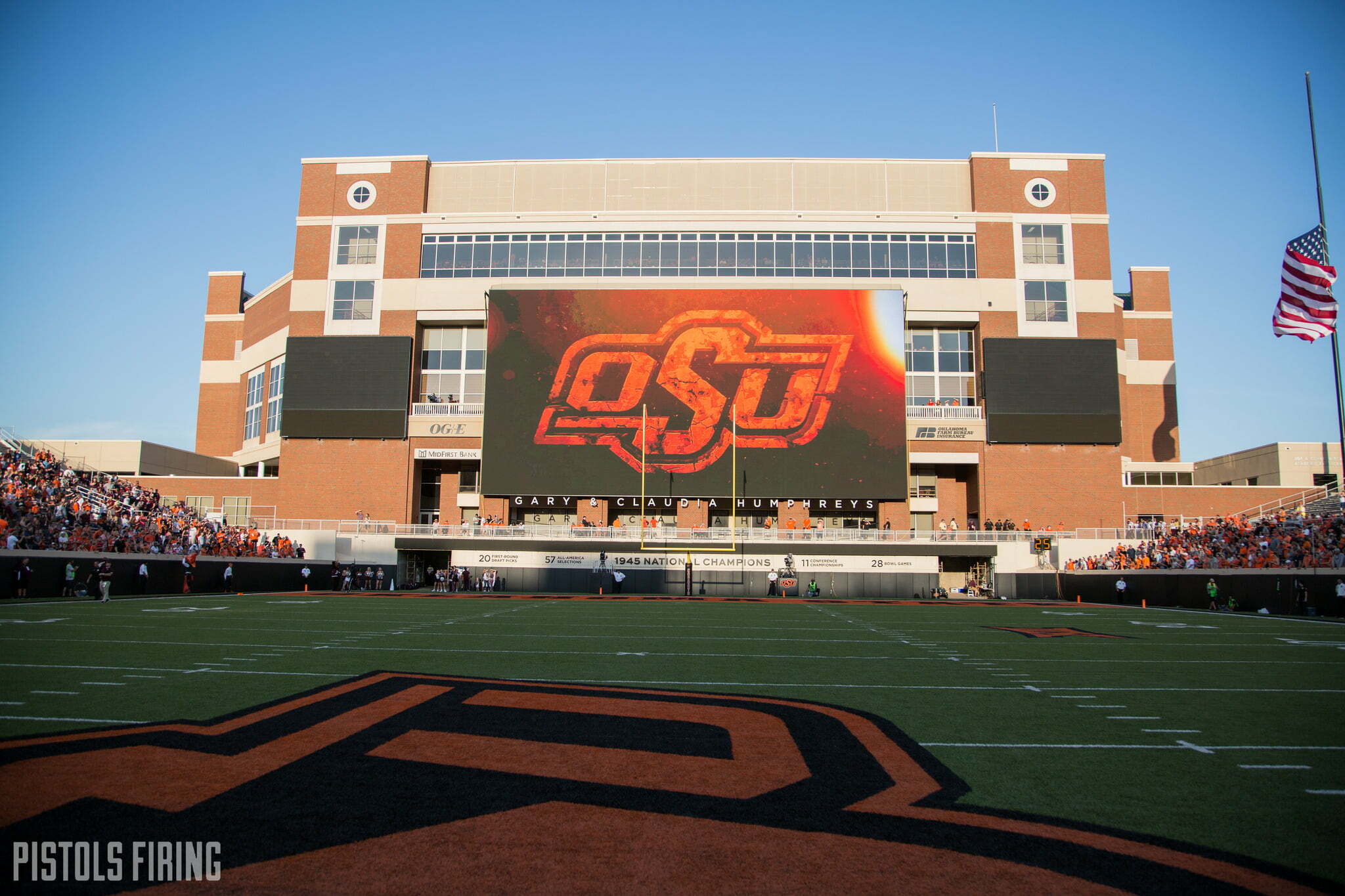
The U.S. Supreme Court on Monday ruled 9-0 in favor of the appellees in the Alston v. NCAA case, paving the way for college athletes to be financially compensated at market value for their name, image and likeness.
The decision delivered a swift blow to the NCAA’s power over the market and sided with a lower court ruling in the Northern District of California.
“The NCAA and its member colleges maintain important traditions that have become part of the fabric of America,” Justice Brett Kavanaugh wrote in his opinion on the case. “But those traditions alone cannot justify the NCAA’s decision to build a massive money-raising enterprise on the backs of student athletes who are not fairly compensated. Nowhere else in America can businesses get away with agreeing not to pay their workers a fair market rate on the theory that their product is defined by not paying their workers a fair market rate. And under ordinary principles of antitrust law, it is not evident why college sports should be any different.”
Kavanaugh’s opinion was punctuated by knocking the NCAA down a level, saying: “The NCAA is not above the law.”
Alston in this case is former West Virginia running back Shawne Alston, who argued — successfully — that the NCAA had violated antitrust laws by capping compensation for players and limiting it to only scholarships and stipends.
“The NCAA has long restricted the compensation and benefits that student athletes may receive,” Kavanaugh added in his concurring opinion. “And with surprising success, the NCAA has long shielded its compensation rules from ordinary antitrust scrutiny. Today, however, the Court holds that the NCAA has violated the antitrust laws. The Court’s decision marks an important and overdue course correction, and I join the Court’s excellent opinion in full.”
As Dennis Dodd at CBS Sports notes, this decision does not provide an avenue for schools to pay athletes directly. It does, however, “create the opportunity for schools to provide nearly anything they want to athletes so long as they can tie the items to the educational experience.”
For example, perhaps cars can be given to athletes who live a certain distance from campus. Some of those details have not yet been worked out, however, schools can now also offer internships, graduate scholarships and the like to lure athletes to campus.
The Supreme Court’s decision enhances the chances of athletes being able to get vast sums of benefits in the future with the NCAA still finalizing name, image and likeness rules while awaiting a potential Congressional bill.
CBS Sports
Oklahoma’s legislature last month voted to pass a measure related to NIL, becoming just the 17th state to do so. The NIL-related measure goes into effect July 1.

-
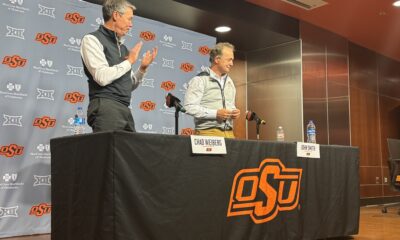
 Wrestling3 days ago
Wrestling3 days agoThe Top 5 Quotes from John Smith’s Retirement News Conference
-
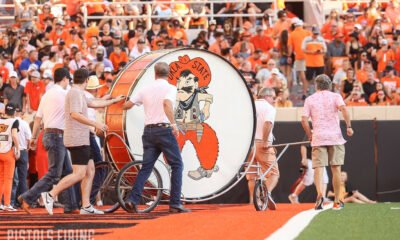
 Football4 days ago
Football4 days agoWide Receiver Prospect Kameron Powell Commits to Oklahoma State
-
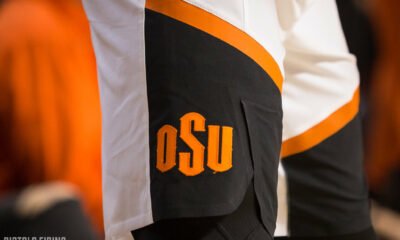
 Hoops4 days ago
Hoops4 days agoReport: Former Arkansas Guard Davonte Davis to Visit Oklahoma State
-
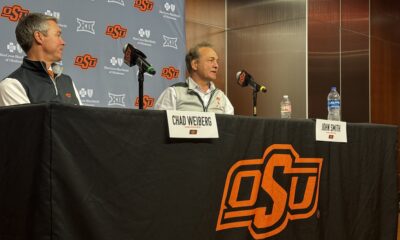
 Wrestling3 days ago
Wrestling3 days agoOSU Wrestling: The Impact John Smith Had on His Final Boss, Chad Weiberg






